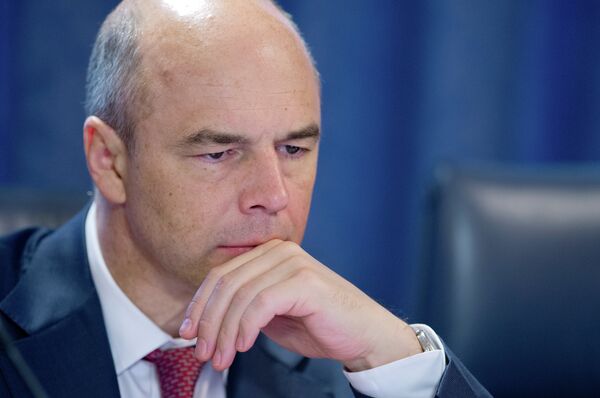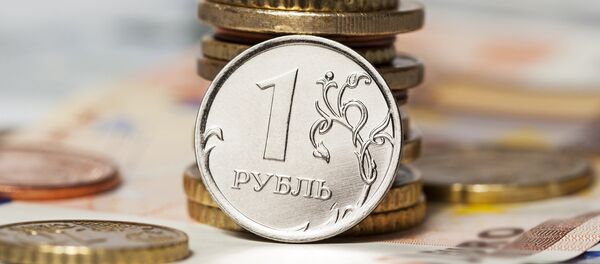"Absolutely correct steps were taken not to rush with wage indexation and a range of social items, including civil servant and military personnel salaries," Siluanov said. "This contributed to the fact that we did not increase the compulsory part of the budget and were able to stop its expansion."
On Tuesday, President Vladimir Putin signed a decree on next year’s budget with a $33 billion deficit, or 3 percent of Russia’s gross domestic product.
"The [steps] affected the maneuverability of our budgetary resources and the fact that we kept the deficit within 3 percent. We estimate it will be 2.9 percent, perhaps 2.8 percent of GDP," Siluanov added.
The one-year budget was adopted instead of the traditional three-year period due to high volatility in the financial and commodity markets.
According to the adopted budget, the state is expected to take in some $195 billion in revenue, cap inflation at 6.4 percent, limit foreign debt by the start of 2017 and retain the average price of the Russian Urals benchmark at $50 per barrel.
Under the 2016 budget, pensions will undergo mandatory indexation to increase by 4 percent and may be raised further to reflect the current economic and social environment.



